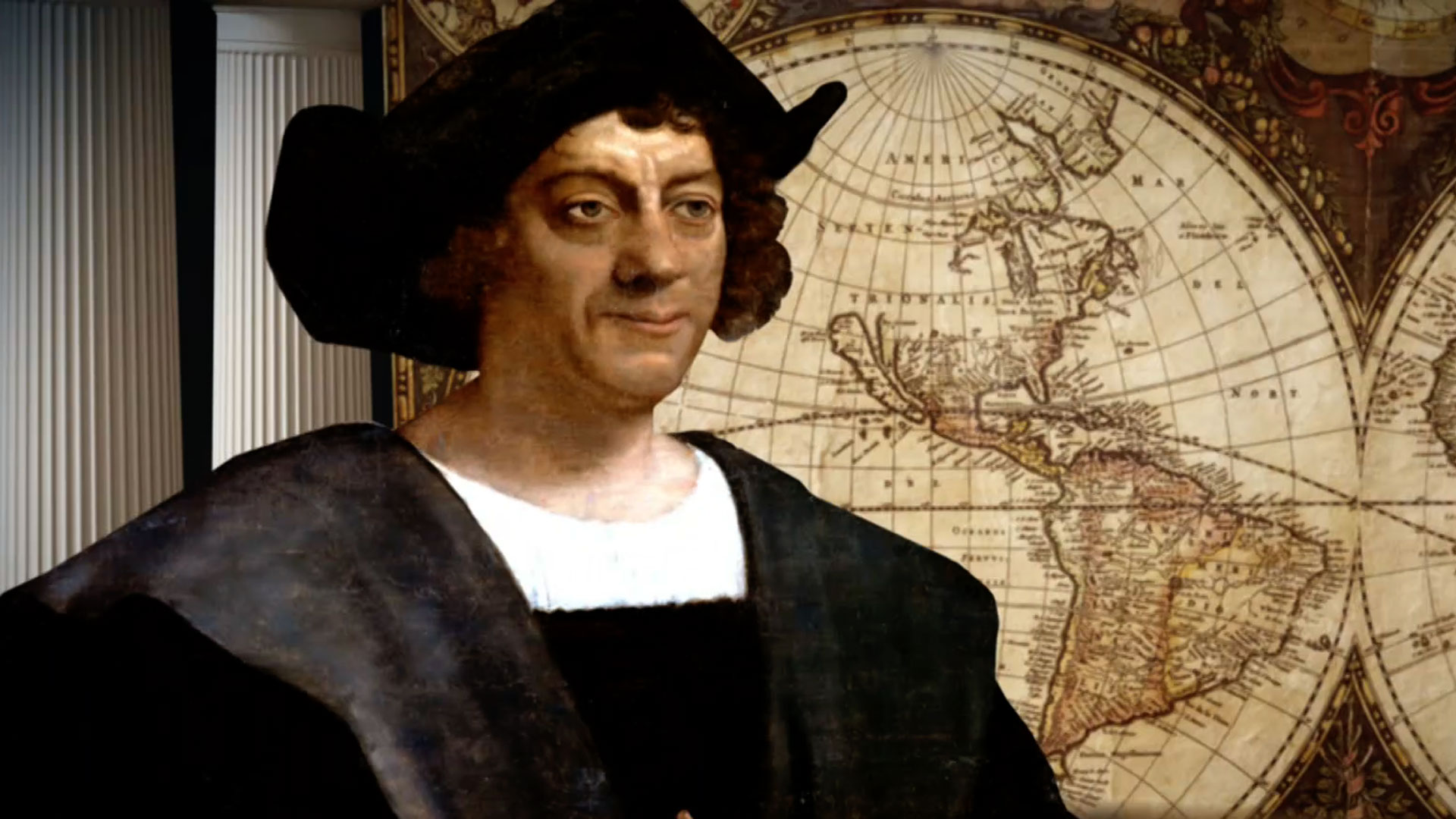
Christopher Columbus is a name that sparks curiosity and debate. Who was he really? Was he a brave explorer or a controversial figure? Born in Genoa, Italy, in 1451, Columbus embarked on a journey that would change the world forever. His voyages across the Atlantic Ocean opened up new lands and possibilities, but they also brought about significant consequences for indigenous populations. Did you know Columbus made four trips to the New World? His adventures were filled with both triumphs and challenges. Let's dive into 25 intriguing facts about this historical figure, shedding light on his life, voyages, and the lasting impact he left on history.
Early Life and Background
Christopher Columbus, a name synonymous with exploration, has a life filled with intriguing details. Let's dive into some lesser-known facts about his early years.
- Born in 1451 in Genoa, Italy, Columbus was the son of a wool weaver.
- His real name was Cristoforo Colombo in Italian, Cristóbal Colón in Spanish.
- Columbus had limited formal education but was an avid reader, especially of geography and astronomy.
- He began his seafaring career at the age of 14, working on merchant ships.
- Columbus survived a shipwreck off the coast of Portugal in 1476, swimming to shore using a piece of wood.
Voyages and Discoveries
Columbus is best known for his voyages across the Atlantic Ocean. These journeys changed the course of history.
- In 1492, Columbus set sail with three ships: the Niña, the Pinta, and the Santa María.
- He initially sought a westward route to Asia to access its riches.
- On October 12, 1492, Columbus landed in the Bahamas, believing he had reached Asia.
- Columbus made four voyages to the New World between 1492 and 1504.
- During his second voyage, he brought 17 ships and over 1,000 men to establish colonies.
Interactions with Indigenous Peoples
Columbus's encounters with indigenous peoples were complex and often controversial.
- He called the native inhabitants "Indians," thinking he had reached the Indian subcontinent.
- Columbus established the first European colony in the Americas, La Navidad, in present-day Haiti.
- His interactions with the Taino people were initially friendly but later turned exploitative.
- Columbus's men enslaved many indigenous people, leading to significant population declines.
- He introduced European diseases to the New World, which devastated native populations.
Legacy and Controversy
Columbus's legacy is a subject of debate, with both positive and negative aspects.
- Columbus is credited with opening the Americas to European exploration and colonization.
- He never realized he had discovered a new continent, believing until his death that he had reached Asia.
- Columbus's voyages led to the Columbian Exchange, a massive transfer of plants, animals, and cultures between the Old and New Worlds.
- Many places, including the country of Colombia and the District of Columbia, are named after him.
- Columbus Day, celebrated in the United States, honors his achievements but is also criticized for its impact on indigenous peoples.
Personal Life and Death
Columbus's personal life and final years were marked by both triumph and tragedy.
- He married Filipa Moniz Perestrelo, a Portuguese noblewoman, in 1479.
- Columbus had two sons: Diego, with Filipa, and Fernando, with Beatriz Enríquez de Arana.
- He faced numerous legal battles and accusations of mismanagement during his time as governor of Hispaniola.
- Columbus died on May 20, 1506, in Valladolid, Spain, still convinced he had found a new route to Asia.
- His remains were moved several times, with parts of his body now resting in both Seville, Spain, and Santo Domingo, Dominican Republic.
The Legacy of Christopher Columbus
Christopher Columbus remains a figure of great historical significance. His voyages across the Atlantic paved the way for the widespread awareness of the Americas in Europe. Despite the controversies surrounding his interactions with indigenous peoples, his journeys undeniably changed the course of history. Columbus's legacy is a mix of exploration, discovery, and the darker aspects of colonization. Understanding these facts helps paint a fuller picture of his impact on the world. Whether seen as a hero or a controversial figure, Columbus's influence on history is undeniable. His story reminds us of the complexities of exploration and the far-reaching consequences of human actions. As we reflect on his legacy, it's essential to consider both the achievements and the challenges that came with his voyages. This balanced view allows for a more nuanced understanding of his place in history.
Was this page helpful?
Our commitment to delivering trustworthy and engaging content is at the heart of what we do. Each fact on our site is contributed by real users like you, bringing a wealth of diverse insights and information. To ensure the highest standards of accuracy and reliability, our dedicated editors meticulously review each submission. This process guarantees that the facts we share are not only fascinating but also credible. Trust in our commitment to quality and authenticity as you explore and learn with us.


